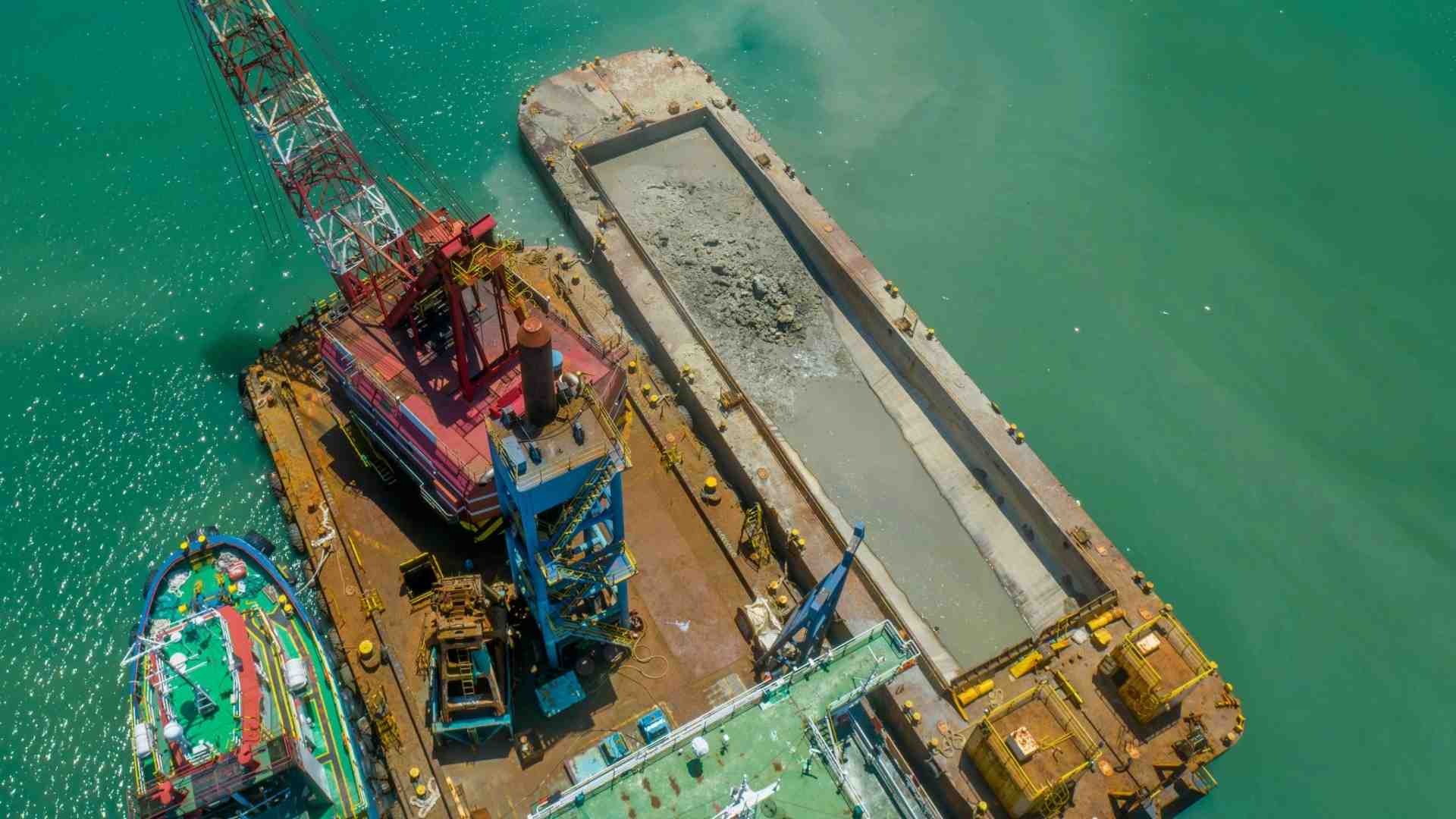Introduction
The Dorena-Hickman Ferry, which serves as a vital river crossing between Missouri and Kentucky, has been temporarily closed as of 3:30 p.m. on Saturday to allow for the annual harbor dredging at Hickman Harbor. The closure is expected to last only a few days, after which ferry service will resume once the dredging project is complete.
This routine maintenance ensures that the harbor remains navigable for the ferry and other vessels that depend on safe passage through the waterway.
Why Harbor Dredging Is Necessary
Like many river harbors along the Mississippi, Hickman Harbor requires regular harbor dredging to manage sediment buildup. Over time, natural river currents carry silt, sand, and debris downstream, where it settles in harbors and navigation channels. Without routine dredging, these deposits can reduce water depth, creating hazards for vessels and limiting accessibility.
Annual harbor dredging at Hickman Harbor prevents these issues by removing accumulated sediment. This process restores the necessary depth for the Dorena-Hickman Ferry to operate safely, reduces risks of grounding, and helps maintain reliable river transportation for the surrounding communities.
Impact on Ferry Operations
The Dorena-Hickman Ferry provides a critical link between Missouri’s Route 77 and Kentucky’s Route 1354, saving travelers a lengthy detour by offering a direct river crossing. When the ferry is out of service, drivers often face longer routes that add significant travel time.
While the harbor dredging project causes a short-term inconvenience, officials emphasize that the closure is temporary and necessary for long-term safety. Typically, this maintenance lasts only a few days, depending on weather conditions and the volume of material that needs removal.
How Dredging Works
The dredging process involves specialized equipment designed to remove sediments from the bottom of the harbor. At Hickman Harbor, a dredge vessel pumps or scoops the sediment and relocates it to designated disposal sites.
There are several types of dredges used in projects like this:
- Hydraulic dredges – These use suction to pump sediment through pipelines.
- Mechanical dredges – Such as clamshell buckets, which scoop material directly from the harbor bed.
- Cutterhead dredges – Equipped with rotating blades that loosen compacted material before suctioning it away.
The choice of method depends on the harbor’s conditions and the type of sediment being removed. For Hickman Harbor, hydraulic dredging is often the most efficient because it minimizes disruption and effectively clears the navigation channel.
Benefits of Regular Harbor Dredging
Although temporary ferry closures can be inconvenient, the benefits of harbor dredging far outweigh the disruption. Some of the long-term advantages include:
- Safe Navigation: Dredging ensures vessels like the Dorena-Hickman Ferry have sufficient depth to operate without risk.
- Economic Efficiency: The ferry provides a vital transportation link, supporting local businesses and regional commerce.
- Flood Management: Removing sediment helps maintain water flow and reduces the risk of localized flooding.
- Sustainability: Routine dredging projects extend the lifespan of harbor infrastructure by preventing blockages and erosion.
By keeping Hickman Harbor clear, the annual dredging project safeguards both ferry operations and the economic lifeline it supports.
Community and Regional Importance
The Dorena-Hickman Ferry is more than just a convenience; it is part of the region’s identity and infrastructure. Serving commuters, farmers, and travelers alike, the ferry is a crucial connector for two states divided by the Mississippi River.
When closures occur, they highlight just how important the ferry is for local mobility. The annual harbor dredging may temporarily interrupt service, but it ensures that the ferry can continue operating year-round without unexpected disruptions caused by shallow waters or sediment buildup.
Looking Ahead
Officials anticipate that once the harbor dredging is finished, the Dorena-Hickman Ferry will quickly return to normal operations. Regular maintenance like this not only keeps ferry service safe but also extends the operational reliability of Hickman Harbor for years to come.
Travelers are encouraged to check updates from the Kentucky Transportation Cabinet and the Missouri Department of Transportation, which provide the latest ferry schedules and announcements regarding the completion of the dredging project.
Conclusion
The temporary closure of the Dorena-Hickman Ferry underscores the ongoing importance of harbor dredging at Hickman Harbor. While a brief pause in service may cause inconvenience for travelers, the benefits of maintaining safe navigation channels and reliable ferry operations are invaluable.
By investing in regular dredging, local authorities ensure that the Dorena-Hickman Ferry continues to serve as a dependable river crossing, supporting the economy, community, and transportation needs of the region.
